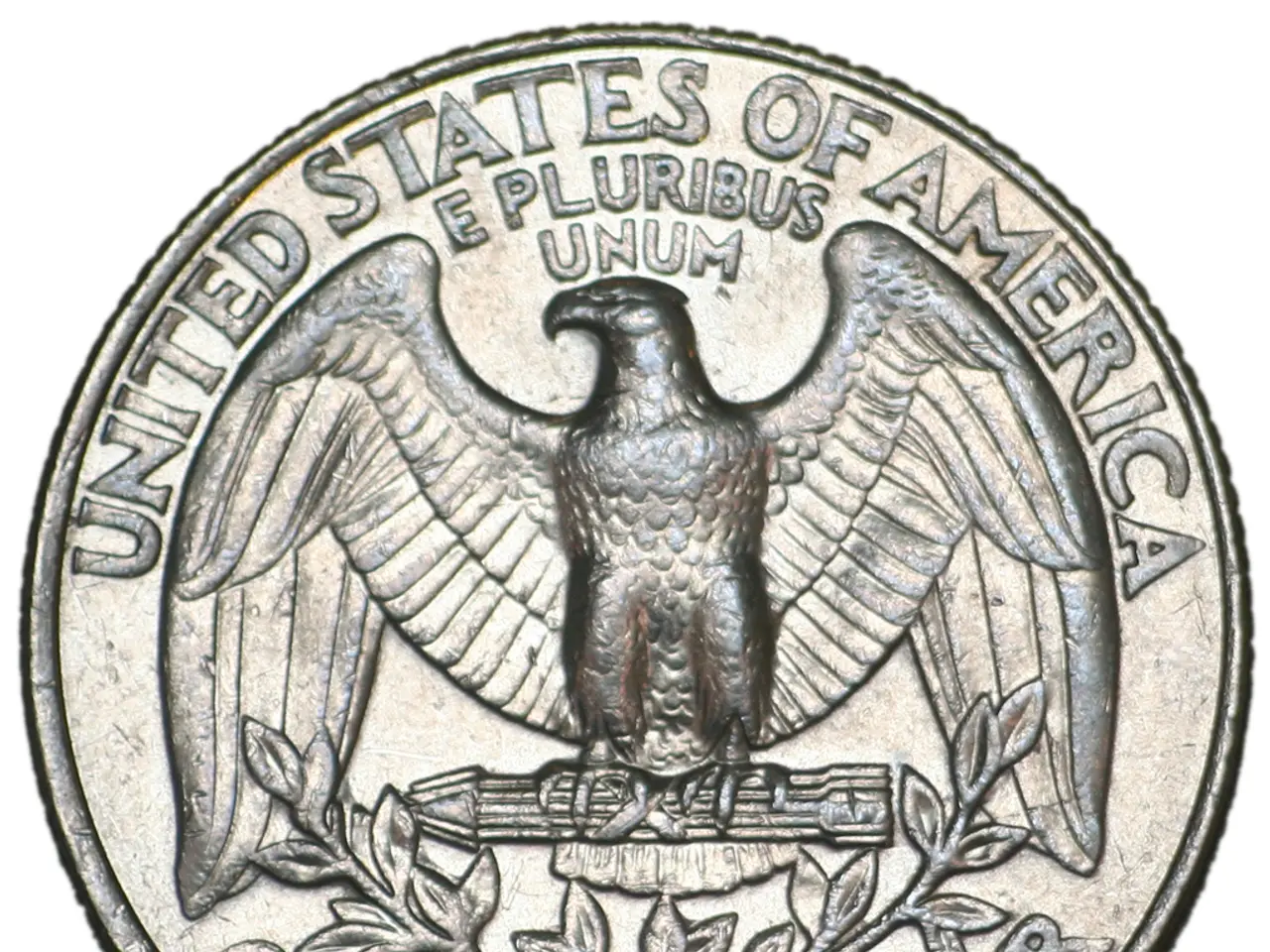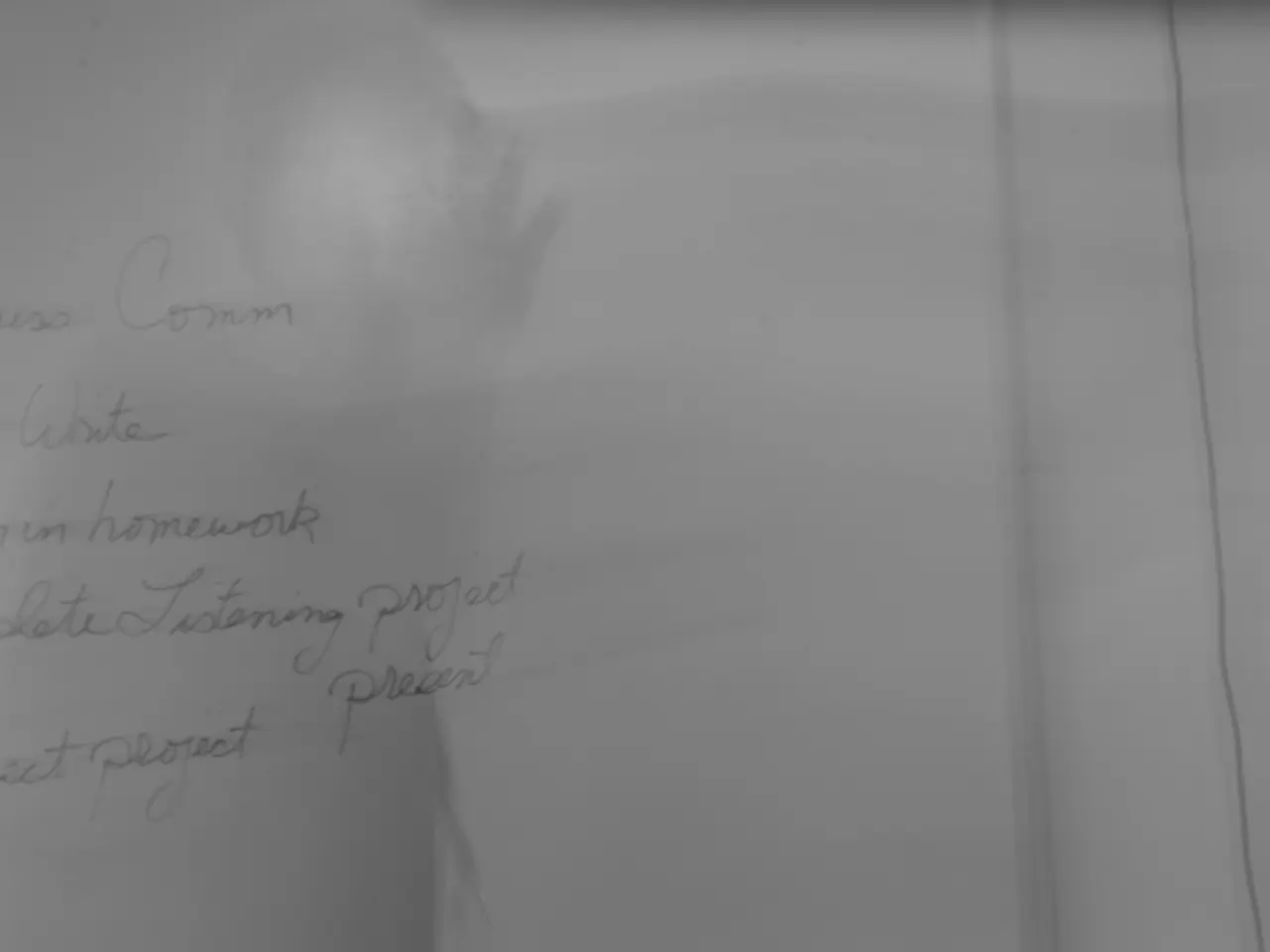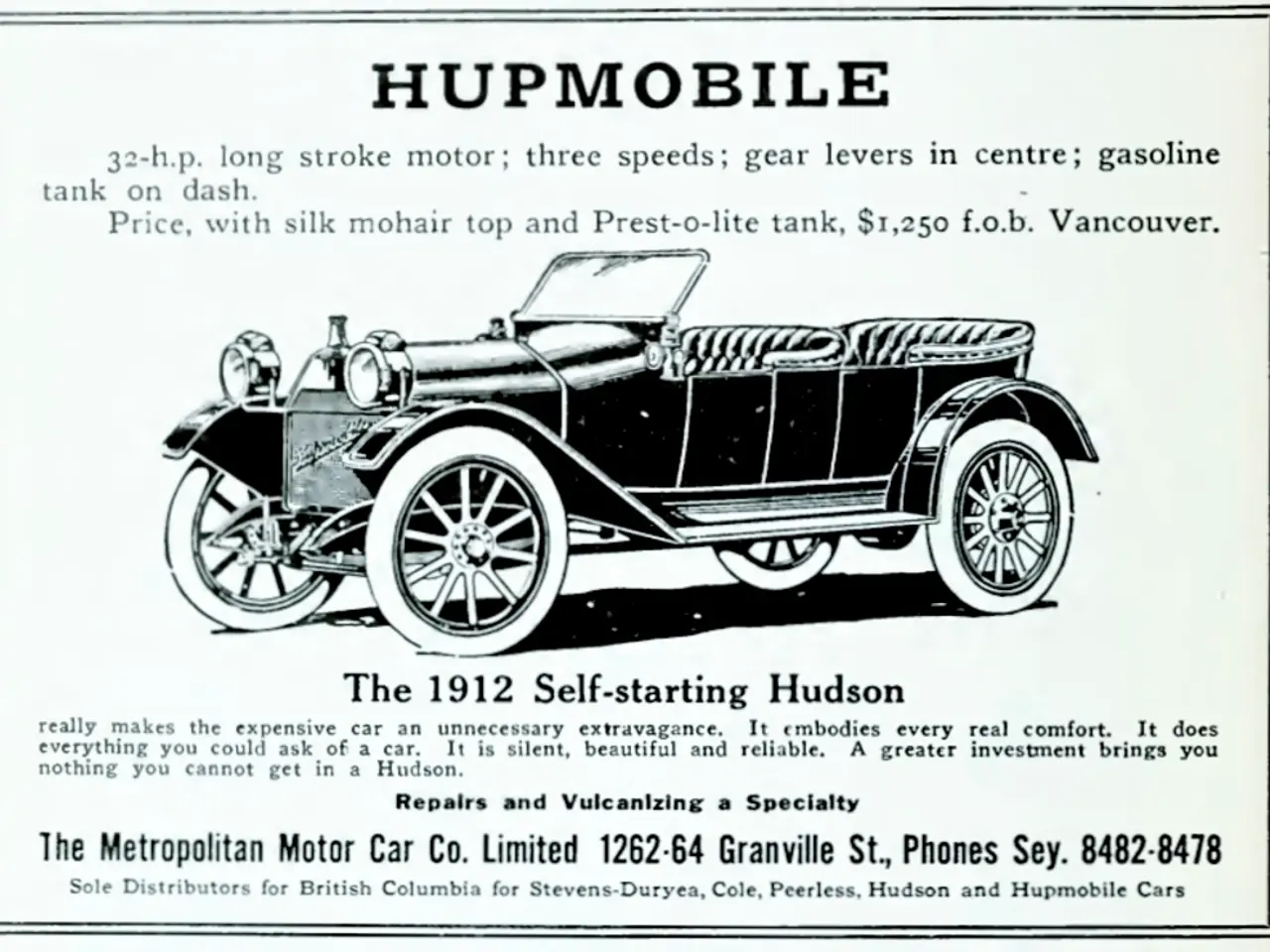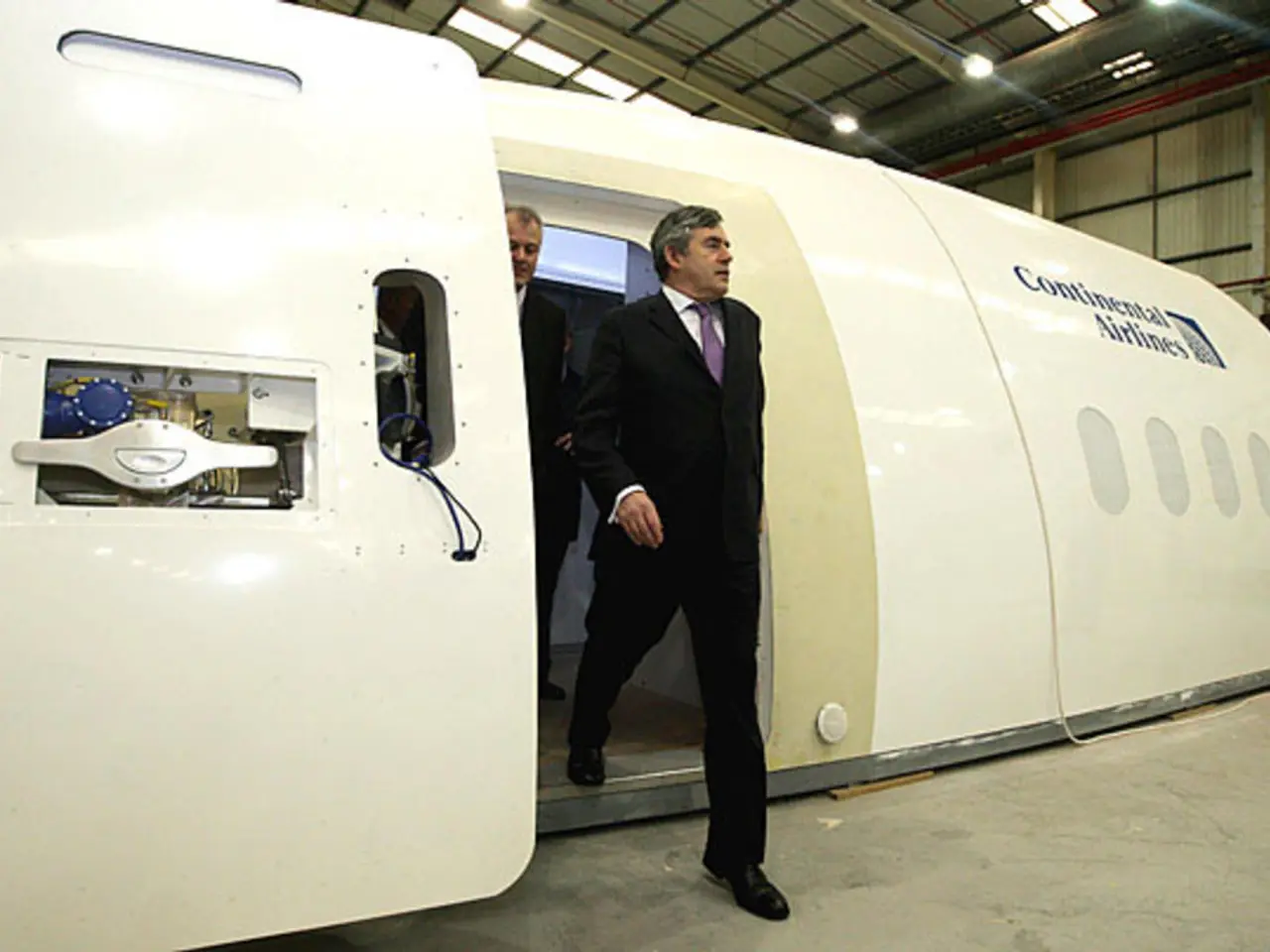Everyone yearns for another Francis, a compass navigating global turmoil, according to Cardinal Kasper.
A Peek into the Expected Chapters of the Church's Future: Cardinal Walter Kasper's Perspective
VATICAN CITY. Looking around St. Peter's and Santa Maria Maggiore, one hears a consistent cry: the crowd eagerly awaits a new Francis. Without seeking a carbon copy, Cardinal Walter Kasper, a renowned German theologian, is convinced we'll tread in Francis' footsteps. But what about the opposing factions? Kasper suggests they're a minor force. The Church can't afford to take a step back now, he asserted.
Your Eminence, what's the gist of this new era in the Church with the Conclave on the horizon?
"Examine St. Peter's Square and Santa Maria Maggiore these days. They're bustling with praying faithful. It's a powerful sign. The people are not indifferent, as some would claim. They're engaged, deeply moved."
They're weeping and paying tribute to Pope Francis, and more?
"They're expressing their desires, hopes, interests. The massive presence of people around the Vatican and Pope Francis' tomb demonstrates that the bond between the Church and the people remains alive, perhaps stronger than ever. Despite the challenges, criticisms, missteps, people sense the Church can offer a comforting, enlightening word for life. This is a clear message for the cardinals tasked with electing the new successor of St. Peter."
In what way?
"From my window, I see people of all ages queuing patiently for hours under the sun. Long, never-ending lines. They're not seeking spectacle, but closeness. It's a people that prays, hopes, inquiries. They have faith in the Church. That's why I claim that this silent waiting is already a form of vote. It's not written, but it's eloquent. It's up to us to listen and respond responsibly, profoundly, and with a spirit of service. The pope who arrives will need to know how to decipher these signs."
What characterizes the pope that the masses anticipate today?
"I believe there's a very obvious expectation: people desire a pope in the vein of Francis. A shepherd who understands heart language, who doesn't retreat into palaces, who doesn't speak only to theologians but to the concrete lives of everyday people. Bergoglio brought the Church out of the temple, urged it towards the outskirts, the streets, amidst the wounded. The next pope must possess the ability to continue on this path: to be close, to listen, to comprehend, to speak with mercy. That's what people desire today. Not a distant pope who speaks an abstract language, but a guide capable of penetrating the dramas and hopes of our times."
Do you anticipate clashes between the differing souls of the Catholic cosmos in the Sistine Chapel?
"It's natural for there to be varying sensitivities within a universal Church. Variety is a strength. But I don't foresee rigid opposing fronts. Certainly, there are also cardinals who hope for a change of direction from Francis. However, my impression, after attending the general congregations, is that the majority of cardinals are on the path of continuity. The opponents seem to be a small group. Francis has been highly appreciated, even by those who held reservations in the past. The Church can't afford to retreat."
Will the geographical factor - the nation of origin of the next pope - hold significance?
"I don't think so, and that would be significant progress. For decades, we speculated if the pope would be Italian, European, South American, African... Today, such an approach seems obsolete to me. Authentic Catholicism isn't gauged by latitudes, but by the ability to accept and integrate differences. What truly matters is the individual: their faith, their heart, their ability to be a shepherd. The Church possesses a universal face."
What role should cultures play in the next pontificate?
"Cultural differences exist, and they should be acknowledged. The Church must learn to integrate the languages, symbols, and sensitivities of various regions across the planet. The new pope must put trust in the universal Church, provide space, and listen to the local Churches, particularly those rapidly expanding in the current era. It's time for decentralization, true synodality, collegiality. The future of the Church is built on many voices."
The Conclave kicks off in a world marred by wars, inequalities, economic and social tensions. How much does this landscape weigh on the choice of the new pope?
"We reside in an extremely unstable era: conflicts in Europe and the Middle East, escalating fear and uncertainty, rapid and sometimes bewildering transformations. Many realize that humanity can't continue as it has in recent years. A new vision, a new beginning is required. And the Church retains the possibility of offering a strong, prophetic voice capable of providing guidance. In this sense, the election of the pope isn't an ‘internal’ affair; it's a choice that impacts all of humanity. Today, the pope remains one of the very few truly global figures, listened to beyond religious borders."
Enrichment Data:In interviews preceding the Conclave, Cardinal Walter Kasper expressed clear preferences of the Catholic faithful regarding the upcoming pope. Kasper explains that there is a general desire within the Church for a successor who will embody the legacy of Pope Francis, rather than veer away from it. He emphasized the qualities the faithful seek in the next pontiff:
- A pope who is an empathetic shepherd familiar with the "language of the heart"
- One who remains in close contact with the people and doesn't isolate himself in palaces
- A leader who converses with common people rather than merely theologians
- Someone who follows Pope Francis's example of taking the Church out from the temple and into the heart of society
"Cardinal Walter Kasper suggests that in terms of finance and business, the next pope should continue Francis's lead in empathizing with the common people, focusing on their needs and concerns. This policy could potentially influence investment and aid strategies of Catholic institutions, aligning them with the values of social justice and equity.
In matters of leadership, Kasper emphasizes the importance of the new pope being a connector, bridging the gaps between different cultures, continuously learning from others, and fostering a spirit of synodality and collegiality.
Regarding politics and general-news, Cardinal Kasper believes that the pope, as a respected global figure, has the potential to provide a strong voice in guiding humanity through turbulent times. His vision for the Church includes being a prophetic force in addressing world issues such as wars, inequalities, and economic and social tensions."




